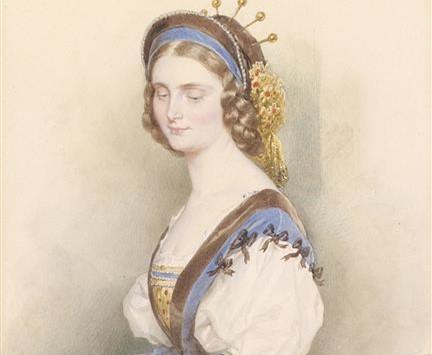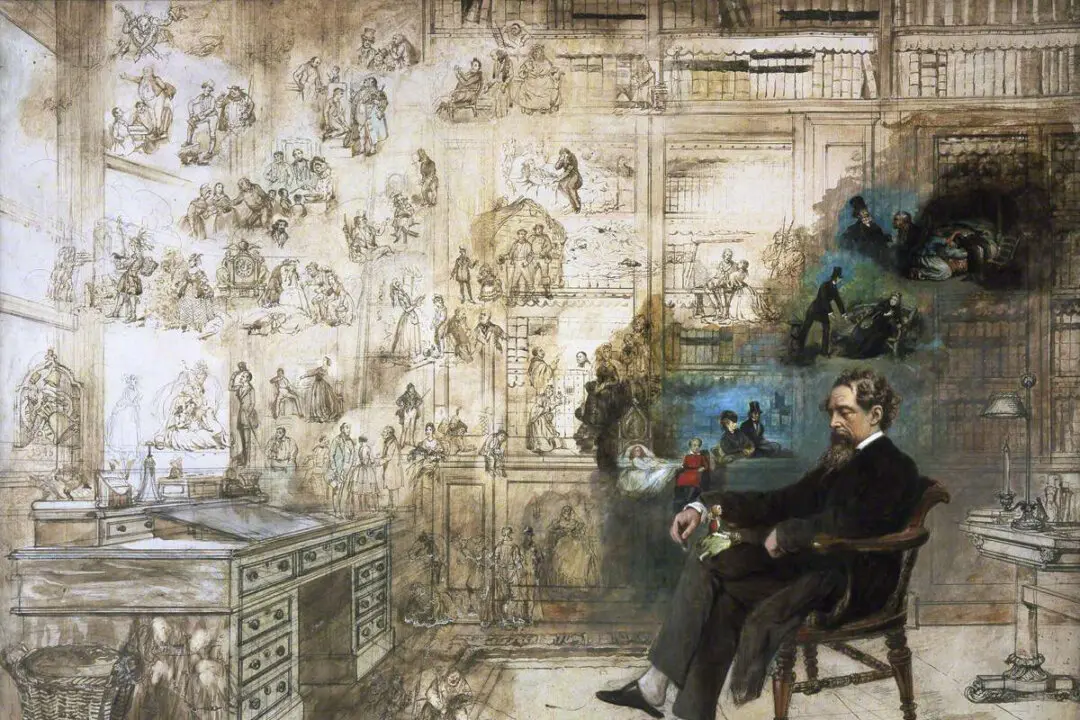In his 1898 short story, “The Bride Comes to Yellow Sky," Stephen Crane (1871–1900) follows Jack Potter, the marshal of Yellow Sky, Texas, back home after his wedding in San Antonio.
Journeying to Yellow Sky aboard the train as it whizzes across the Texan landscape, Potter and his new wife, beautifully attired in a blue dress, joyfully chatter with each other. Potter splurges a dollar for dinner in the dining car; the couple receives special care from the waiter.






